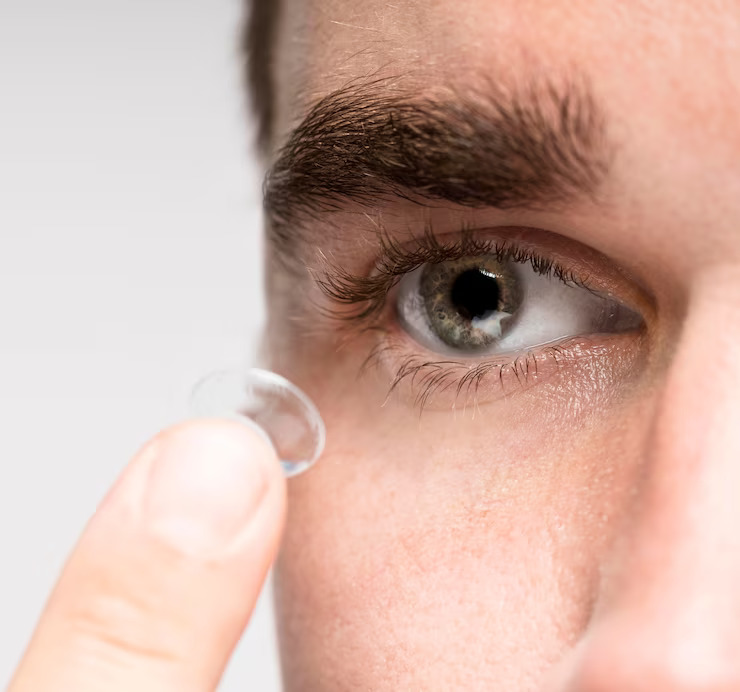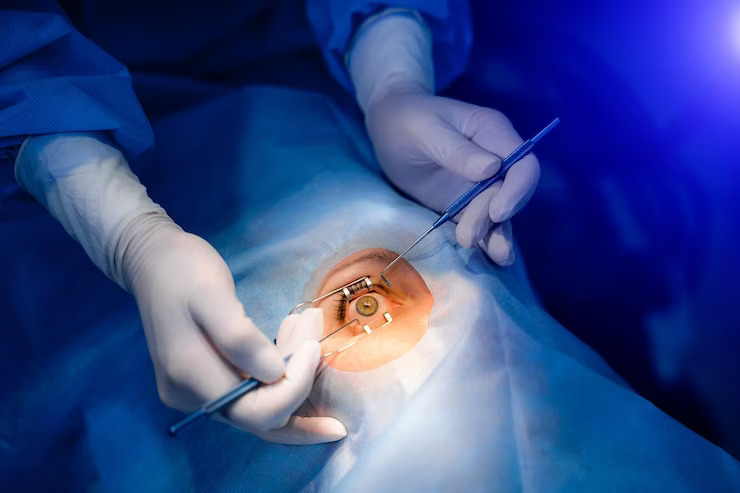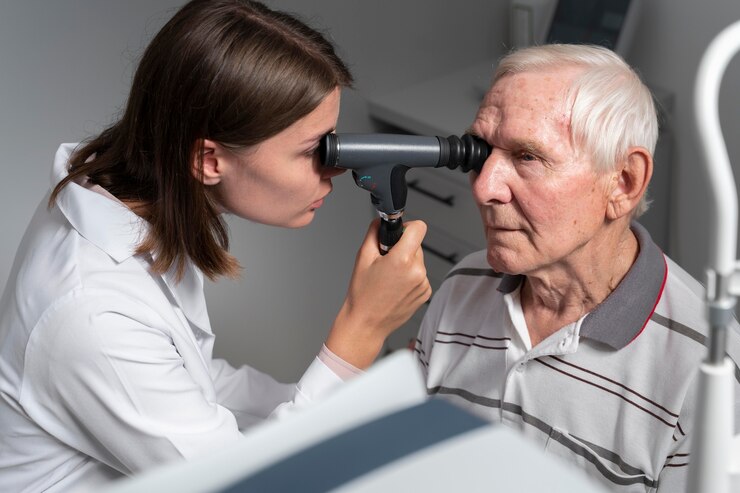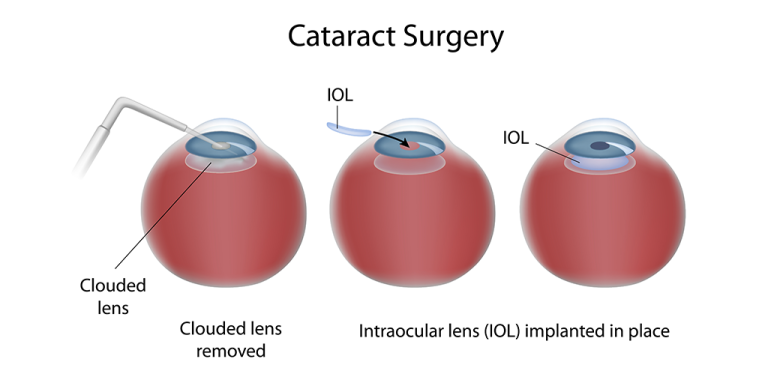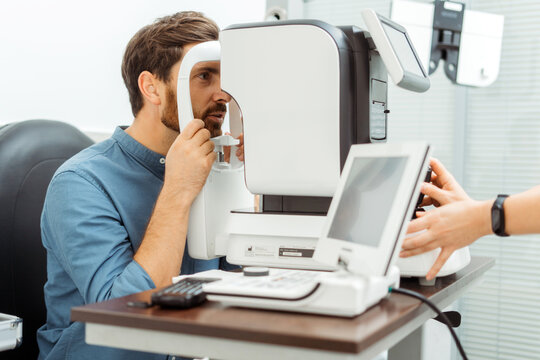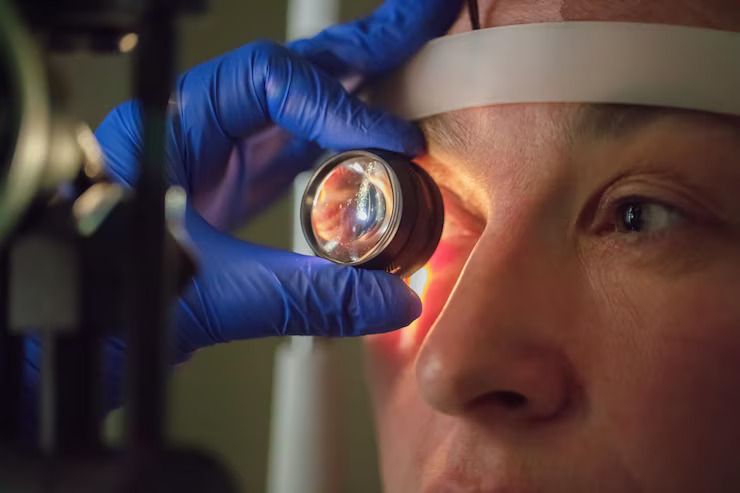Postoperative Care And Expectations: Life After Lens Implant Surgery
Undergoing lens implant surgery is a transformative journey towards improved vision and enhanced quality of life. Whether it’s correcting cataracts, addressing refractive errors, or embracing multifocal capabilities, the postoperative phase is crucial for optimal recovery and lasting success. This article delves into the essential aspects of postoperative care and sets realistic expectations for individuals embarking on the path of life after lens implant surgery.
The First Days: Initial Recovery Period
- Immediate Postoperative Care
In the initial hours following lens implant surgery, individuals are typically monitored closely for any signs of complications. Patients may experience mild discomfort, itching, or a foreign body sensation, but these symptoms are often temporary. Eye shields or patches are commonly provided to protect the eyes during the immediate recovery period. - Rest and Relaxation
Rest is a key component of the early recovery phase. Patients are advised to avoid strenuous activities, including heavy lifting and vigorous exercise. Adequate sleep and relaxation contribute to the healing process and promote a smooth transition to improved vision.
Managing Discomfort and Potential Complications
- Pain Management
While discomfort is usually minimal, patients are prescribed pain medications or eye drops to alleviate any postoperative pain. Following the prescribed dosage and schedule is crucial for effective pain management. - Monitoring for Complications
Patients must remain vigilant for signs of complications such as excessive redness, swelling, severe pain, or changes in vision. Immediate communication with the healthcare provider is essential if any concerning symptoms arise.
Gradual Vision Improvement
- Adjustment Period
The brain needs time to adapt to the new visual information provided by the lens implant. Patients may experience fluctuations in vision during the initial days or weeks, but this is often part of the natural adjustment process. - Follow-Up Appointments
Regular follow-up appointments with the ophthalmologist are critical during the postoperative phase. These appointments allow the healthcare team to monitor healing progress, assess visual acuity, and address any concerns or questions the patient may have.
Lifestyle Adjustments and Precautions
- Activity Restrictions
While the immediate recovery phase requires rest, patients gradually resume normal activities as advised by their healthcare provider. However, certain precautions, such as avoiding excessive sunlight exposure and wearing protective eyewear, may be recommended. - Driving and Returning to Work
The ability to drive and return to work varies among individuals. In many cases, patients can resume driving and return to work shortly after surgery, but this is contingent on individual healing and the nature of the job.
Long-Term Considerations and Expectations
- Visual Rehabilitation
Some patients may benefit from visual rehabilitation, including exercises to enhance focus, coordination, and depth perception. These exercises are tailored to the individual’s needs and contribute to long-term visual acuity. - Prescription Adjustments
It’s not uncommon for prescription adjustments to be made during the postoperative period. Fine-tuning the prescription ensures optimal visual outcomes, and patients should communicate any changes in their vision to their eye care professional. - Multifocal Lens Adaptation
For those with multifocal lens implants, adapting to the varying focal points may take time. Patients should follow any specific guidelines provided by their surgeon and remain patient during the adjustment period. - Managing Expectations
Setting realistic expectations is paramount in the postoperative period. While lens implant surgery offers remarkable improvements, complete perfection may not be immediate. Some patients may experience minor visual artifacts or halos, particularly in low-light conditions. These often diminish over time as the eyes adapt.
Emotional Well-being and Support
- Psychological Support
Acknowledging the emotional aspect of postoperative care is crucial. Patients may undergo various emotions, including excitement, anxiety, or impatience. Open communication with the healthcare team and seeking support from loved ones contribute to a positive emotional state. - Community and Support Groups
Engaging with others who have undergone similar procedures can be immensely beneficial. Online communities and local support groups provide a platform for sharing experiences, tips, and emotional support during the postoperative journey.
Long-Term Maintenance and Eye Health
- Routine Eye Exams
Even after successful lens implant surgery, routine eye exams remain essential. Regular check-ups with an eye care professional help monitor the health of the eyes, identify potential issues early, and ensure the longevity of the lens implants. - Eye Protection and UV Safety
Protecting the eyes from harmful ultraviolet (UV) rays becomes a lifelong habit. Sunglasses with UV protection are recommended, as prolonged exposure to UV radiation can impact the health of the eyes and the longevity of the lens implants.
Conclusion
Embarking on life after lens implant surgery involves a multifaceted approach, encompassing physical healing, emotional well-being, and long-term vision maintenance. Postoperative care is a collaborative effort between healthcare providers and patients, with open communication and adherence to guidelines playing pivotal roles. By managing expectations, embracing the recovery process, and maintaining proactive eye health practices, individuals can enjoy the transformative benefits of lens implant surgery for years to come.

